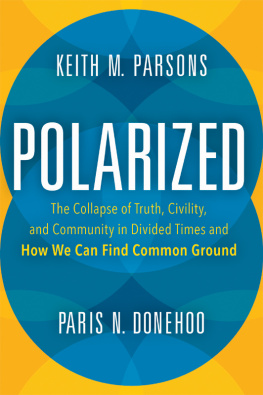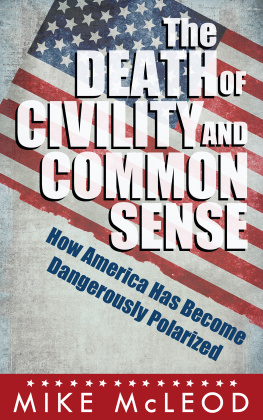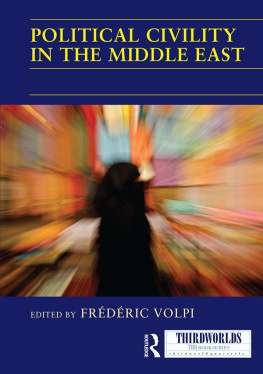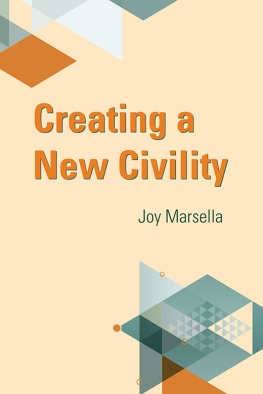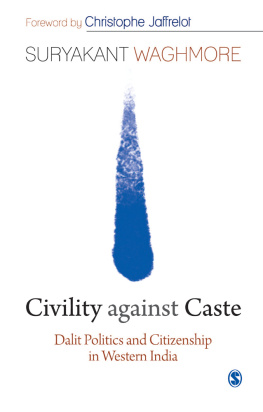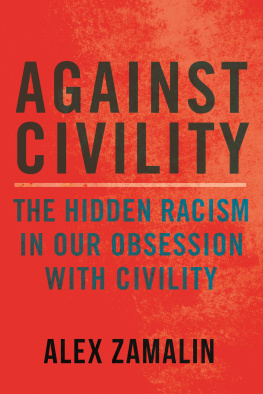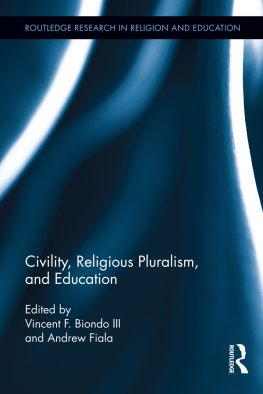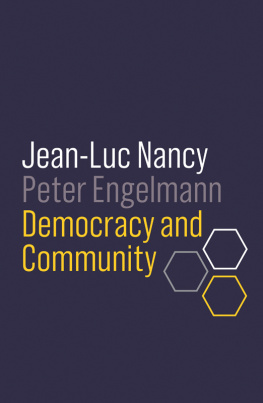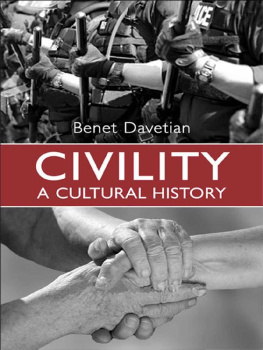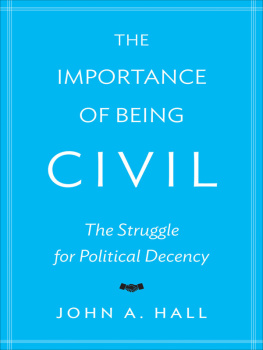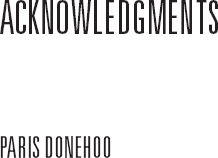
Of making many books there is no end (Ecclesiastes 12:12). The preacher's words should caution me about adding more verbiage to our information-glutted society, but I must express my gratitude for the experiences and support that have influenced these pages.
First, I must acknowledge the help and support of my coauthor, Keith Parsons. Our collaboration has been a delight throughout this process. I am in awe of his brilliance, wit, and thought-provoking insights. I had written for publication in the past, but the discipline has changed over the years, and Keith was patient with me as I dipped my toe into this brave new world. I treasure his friendship.
A weekly Sunday deadline over four decades has been an invaluable forum for developing ideas and honing ways to express them. Much of the material contained in these pages is the result of preaching and teaching real people, who have listened, complimented, complained, questioned, suggested, and supported me over the years. Therefore, I would like to thank the congregations of the Sardis Baptist Church in Palmetto, Georgia; the Lost Mountain Baptist Church in Powder Springs, Georgia; the Park Ridge Community Church in Park Ridge, Illinois; and the First Congregational United Church of Christ in Elgin, Illinois, for their contributions to this book. Their presence in the pews week in and week out has helped me to find my theological footing.
When I heard Ralph Klein verbally describe the connection between the Ten Commandments and the biblical concept of righteousness, I scribbled out a diagram not much better than a stick figure and used it in various teaching scenarios over the years. For use in this book, I knew I would need a much better rendition. Enter my good friend, Lindsay Iverson, who made it look incredibly professional and readable.
I am grateful for the memory of Brantley Seymour, who served as pastor of my home church, the First Baptist Church of Roswell, Georgia. Brantley not only provided a nurturing environment for my unfolding faith, but when I declared my intention to enter ministry, he took me under his wing and taught me more about being a pastor than I learned in seminary. His commitment to the Bible, and his social conscience, left an indelible mark on my life and my thinking.
Though I have never been under their direct tutelage, several theologians and preachers have been filtered through my mind to these pages. Tony Campolo gave me a voice for faith that engages society in progressive and inclusive ways while simultaneously being unapologetically Christian. John Claypool gave me the capacity for seeing a biblical passage like a prism that could be turned in the light for facets I would normally overlook. Fred Craddock gave me the gift of seeing life, and ultimately my writing about life, in narrative terms. I owe each of them my undying gratitude.
I am thankful for my colleague at the Elgin church, Lois Bucher, with whom I worked closely through my sixteen-year tenure. In between discussions about church programs, administrative details, and which parishioner had made us laugh, cry, or cuss that week, we bounced ideas off of each other as we struggled with how to be a church in these rapidly changing times. For several years we met together once a week to read scripture, pray, meditate, and explore our respective spiritual pilgrimages. Those moments shaped my thoughts for this book more than any committee meeting ever could.
I would be remiss if I did not acknowledge the indirect contributions of my parentsJohn and Peggy Donehooto this book. Almost from the beginning of my life, my mother sensed that I was destined for a life in ministry. She never breathed a word to me about it for fear of tugging me in a direction I was not meant to travel. The only nod she gave to her thoughts was the gift to me of a Bible at Christmas when I was six years old. When I came to her many years later to say I was pondering a life in ministry, she said, I was wondering when you would come to me about this. My dad (God rest his soul) and I did not agree with each other on many issuespolitical, social, or theologicalbut he bestowed many gifts to me nonetheless. From him I learned the value of humor, the beauty of language, and the power of stories told well. His life also taught me that a faith without passion is no better than a museum artifact. I once gave him a book about the making of the King James Bible, and wrote on the flyleaf a line I adapted from Fred Craddock: The Bible gave me The Word, but you gave me the words.
Finally, I am blessed with a wonderful family. My daughters, Meg Pfister and Kathryn Keenon, and my step-children, Rachel Georgakis and Matt Holihan, have been so supportive of this project. And my beautiful, intelligent, compassionate, feisty, Sicilian-born wife, Penny, has been encouraging me for many years to broaden the scope of my writing. She has always believed I had something worthwhile to say in the pulpit as well as beyond the pulpit. Her love and encouragement are two of God's greatest gifts to me.

Of course, first thanks go to Paris for his eagerness to work with me on this project and, really, for being an ideal coauthor. It has been a genuine pleasure to interact with him over the past year, and an especially great pleasure reading his contributions. I once heard that great preaching comforts the afflicted and afflicts the comfortable. Nobody does this better than Paris. In each of his contributions, the depth of his values, the power of his faith, and the strength of his intellect shine through. Also, like any good Southern preacher, he has a wealth of terrific stories that nail the point dead center.
I have worked with Prometheus Books on many occasions, and I am always deeply impressed by the professionalism of my longtime editor Steven L. Mitchell and his staff. Steven's uncompromising commitment to quality of content and to the highest production values surely has made Prometheus into the outstanding publishing venue that it is. Special thanks to Sheila Stewart for her fine job of copyediting.
As always, thanks to my wife, Carol Molina, who recognizes that even on weekends I must sequester myself for many hours at a time when working on book projects. My colleagues at the University of HoustonClear Lake must also be thanked because writing is very time consuming, and that means that I shirk as many committees and service obligations as I can in good conscience. I try to do my fair share of committee workbut no more than that. I appreciate it when they take on more than their share.
My intellectual debts are so numerous that I would not know where to begin. Maybe my greatest debt is to the late, great John Hick. His introduction to the philosophy of religion was the first book I read on the subject, and its excellence hooked me. Much later in life, when reading An Interpretation of Religion, I found it truly eye-opening. Hick articulated my thoughtsinchoate at the timethat, while the project of natural theology was dead, and while my atheism was right for me, there are still fully rational people who remain religious. Hick showed me how that could be, and for that I will always be grateful. Everyone who truly wants to understand religion, and why some people are religious and others notand not just pound the polemical drumsneeds to sit down with Hick.
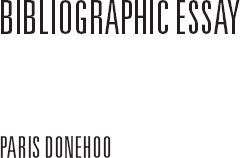
Because of the proliferation of bogus news outlets, one must be careful citing contemporary sources, particularly those found on the internet. Therefore, I have tried to be careful in my search for documentation of news items. The
Next page
